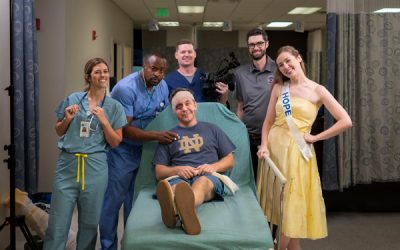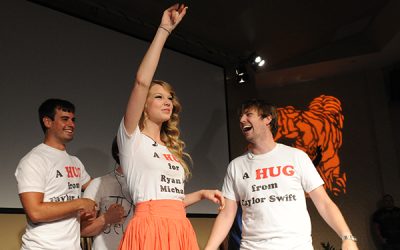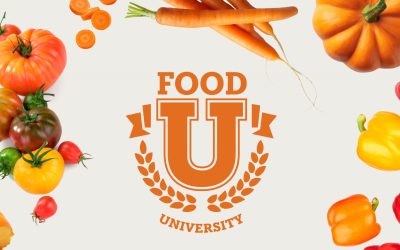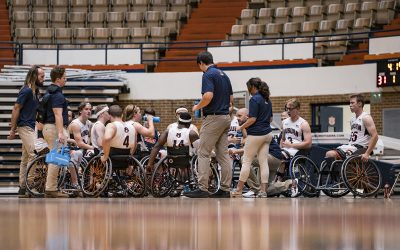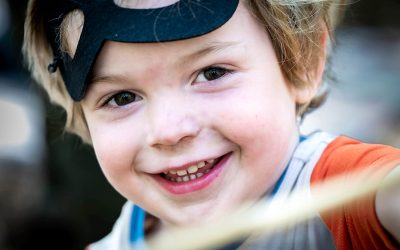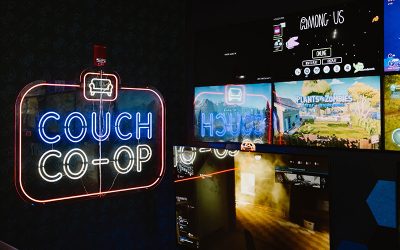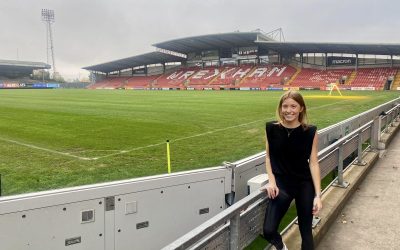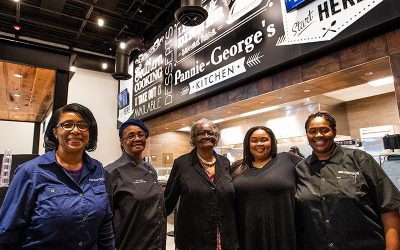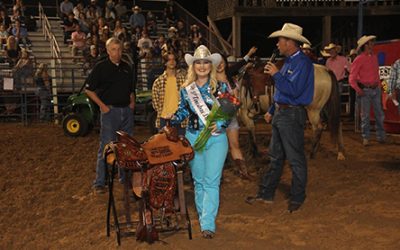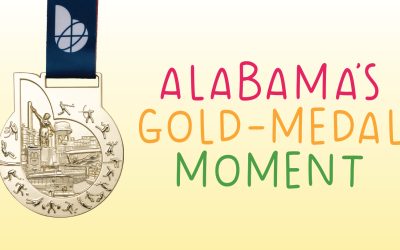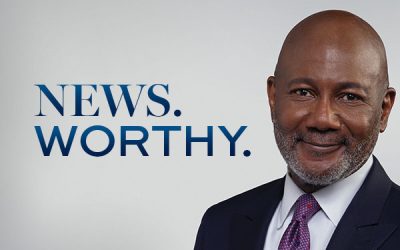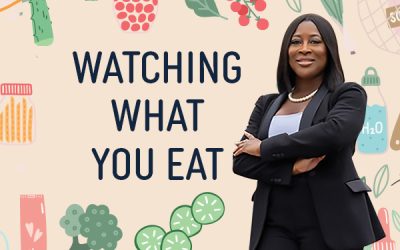Meet the alumni behind the construction of downtown Auburn’s newest hotel.

The Great Debate
Our national discourse seems as fractured as ever. How do we learn to talk to each other again?
By Todd Deery ’90
He was not the first, and surely won’t be the last, to feel the sting of a baseless personal attack. But in 2020, in the wake of another contentious election, a pandemic keeping us cooped up and social issues hitting the streets, our civil discourse seems at an all-time low. How did we get here and how do we get to a place where we’re talking to each other, and not at each other? Talk to any Auburn expert in this field and they will invariably mention two things. One is the rise of social media and the other is 24-hour cable news. While both have democratized news to an extent, they have also created echo chambers where people only go to have their worldviews confirmed. Believe the earth is flat? There are dozens of Facebook groups for that. Believe all conservatives or Democrats are incompetent? There’s a cable news channel that will confirm that for you
These echo chambers have created a tribalism that has hardened people’s opinions and made compromise almost impossible.
“Who would have thought Facebook would be the number one source for news on the planet?” said Emory Serviss, marketing professor and program champion for the marketing major at Auburn’s Harbert College of Business. “But there’s no Fairness Doctrine [a discontinued FCC policy that required broadcasters to present controversial topics in equitable ways] on social media, so people can read opinions that reinforce only what they already believe.”
Social media also has a second layer that leads to our eroding discourse: anonymity. Hiding behind any username, people are often much more confrontational than in person.
“When we’re in front of each other, I may be willing to give and take on certain things,” said Serviss. “But there’s far less of a social penalty for being disagreeable online.”
Mike Milford, associate professor and associate director for communication in Auburn’s School of Communication and Journalism, says our contentiousness has always been there, but now we have new ways of making old mistakes.
Milford says one major development is a “third-party” style of rhetoric being used across our media and political landscapes, where the goal of everyone’s speech is not to accurately analyze an issue or create compromise, but to grab attention.
“It’s kind of like everyone is throwing a Hail Mary every time they speak,” Milford said. In this attention economy, where, according to research, sensational news travels six times faster than factual news, clicks and likes and views are the ultimate goal. This style is most favored in Twitter rants and online in platforms like Reddit, where every comment is voted on and ranked in the thread. No one is merely talking, but everyone is evaluating, ranking and judging.
So how do we get to a more respectful national repartee? Serviss says it’s about being open minded and escaping the tribalism of modern life.
“Be open to different points of view,” Serviss said. “Be open to ‘different’. The differences are what make us stronger, and just be open to those differences. Don’t immediately close yourself off.”
For Milford, who studies complex rhetorical theory, his biggest piece of advice is surprisingly simple: actively listen to others. And if you must convince someone of something, know it’s going to take time. “There’s a difference between winning an argument and winning someone over,” said Milford. “For real persuasion to take place, it has to take place incrementally. It takes a lot of endurance to be a good citizen.”
Just ask Thomas Jefferson.
The Graduates Behind The Graduate Hotel
Legends of the Fall Tailgate
For lifelong football tailgaters, every season brings friendships, fans and family to a coveted spot on campus.
Rowdy Gaines Reflects on Winning Gold
Forty years ago, Rowdy Gaines ’81 won three gold medals at the Los Angeles Olympic Games.
The Graduates Behind The Graduate Hotel
Meet the alumni behind the construction of downtown Auburn’s newest hotel.
Legends of the Fall Tailgate
For lifelong football tailgaters, every season brings friendships, fans and family to a coveted spot on campus.
Rowdy Gaines Reflects on Winning Gold
Forty years ago, Rowdy Gaines ’81 won three gold medals at the Los Angeles Olympic Games.





